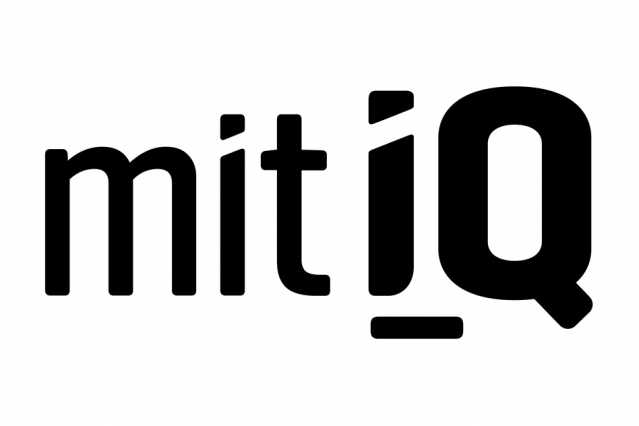A new initiative by the MIT seeks to understand what intelligence is and how this knowledge can be applied to various branches of science and engineering for the benefit of humanity.
Image: MIT Intelligence Quest.
The MIT Intelligence Quest — MIT IQ for short — is a new initiative by its institute to understand what intelligence is and how this knowledge can be applied to various branches of science and engineering for the benefit of humanity. To the extent that artificial intelligence is no longer a subdiscipline of computer science, and has become an interdisciplinary enterprise with discoveries and inventions that affect virtually everything, from finance to education, the need to break academic silos and integrate efforts has become increasingly evident.
In a press release, the institution explains that the initiative consists of two main components, the first of them: The Core will advance science and engineering in both human and artificial intelligence. The idea is to produce new machine learning algorithms inspired by human cognition. At the same time, it will seek to improve our understanding of our own intelligence through computational science, its models and simulations. It is a virtuous circle in which advances in one field shine light into the other and vice versa.
The other half of the project, called The Bridge, will be responsible for implementing and disseminating these findings to all disciplines, developing and hosting state-of-the-art tools for industry and research around the world. Besides this, it will provide, education and training for researchers and students, as well as technical support and specialized hardware.
Among the first set of goals launched by the initiative are:
-
Creating an artificial intelligence able to grow and learn as a human being.
-
Developing personalized treatments for cancer and other diseases through genetic information and big data.
-
Reverse engineering the brain in order to build machines that can see, hear and touch like we do.
-
Automating drug discovery.
-
Developing data collection methods across multiple organizations that respect individual privacy.
As seen in recent news scandals surrounding Facebook and YouTube’s recommendation algorithms, using these technologies can have strong ethical and social implications. This fact is no stranger to MIT, its researchers are already exploring the impact of these technologies on the economy, labor markets, the media environment, and the legal system. At MIT IQ, these efforts will have a greater impact by directly involving the scientists and engineers who are at the forefront of these technologies.
With the IQ initiative, MIT remains one of the great pioneering research institutions in both artificial and human intelligence. The future looks challenging, yet promising. In words of its own provost, Martin A. Schmidt: “Success will rest on a shared sense of purpose and a mix of contributions from a wide variety of disciplines. I’m excited by the new thinking we can help unlock.”
This article from Observatory of the Institute for the Future of Education may be shared under the terms of the license CC BY-NC-SA 4.0 
)
)


)